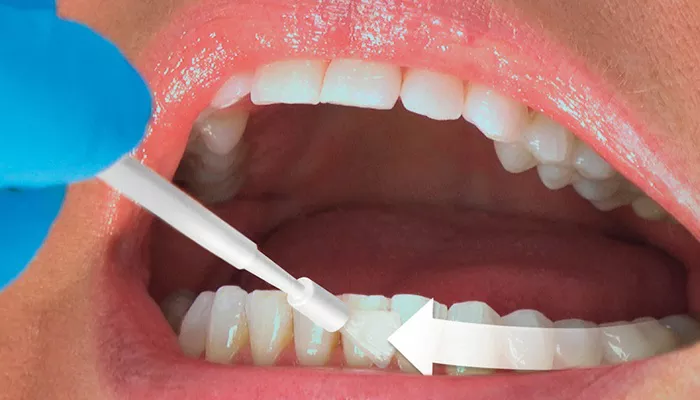Dental implants are increasingly common as a solution for tooth loss, offering predictable outcomes and high success rates. Yet, maintaining these implants requires careful attention to oral hygiene.
Dr. Paul Rosen, a prominent implant specialist, often emphasized that “implants are not teeth; you cannot treat implants like natural teeth.” This distinction is crucial because poor oral hygiene is a leading cause of implant failure. Patients with implants need regular maintenance visits to prevent peri-implantitis, an inflammation of the tissue around the implant.
A thorough oral hygiene routine is essential. This includes brushing, water flossing, using antimicrobial rinses, and possibly fluoride-containing products. Market research shows that half of dental implant cases involve single-tooth replacements due to trauma or decay. For patients at high risk of dental issues, higher fluoride concentrations may be recommended.
Stannous fluoride, known for its antibacterial properties, does not benefit titanium implants directly. The main benefit of fluoride is to protect natural teeth from decay. This article explores fluoride’s impact on titanium implants in patients with a mix of natural teeth and implants.
Titanium Implants And Corrosion
Peri-implantitis is a complex condition influenced by various factors, including implant placement, host response, occlusal trauma, prosthetic design, and oral hygiene. Common treatments include implant disinfection and grafting to restore the supporting bone structure.
Titanium and zirconia are popular materials for dental implants due to their biocompatibility and durability. In the US, titanium implants are preferred for their affordability, strength, and resistance to corrosion. However, titanium implant corrosion is associated with implant failure and peri-implantitis. Recent studies suggest that corrosion might contribute to peri-implantitis by disrupting the microbial balance in the mouth. Corrosion products and metal ions can cause adverse tissue reactions, potentially affecting osseointegration and hindering tissue regeneration.
There are concerns that fluoride may contribute to the corrosion of dental implants. Critics of fluoride treatments argue that fluoride can accelerate corrosion over time. A study showed that acidulated phosphate fluoride (APF) gel, previously used in fluoride trays, caused corrosion in orthodontic wires, though not in dental implants. It is advised that patients with implants avoid fluoride products with high acidic pH, like APF gel. Research indicates that fluoride can corrode exposed implant surfaces in acidic conditions. Therefore, it is important to consider salivary pH when using fluoride varnishes.
Safe pH Levels for Fluoride Use on Titanium Implants
In 1998, research found that fluoride ions began to corrode titanium when the pH dropped below 3.5. Fluoride solutions with a neutral pH (around 7.0) do not damage the surface of cast commercially pure titanium and can be safely used for titanium-based restorations. This suggests that fluoride products should be used within a pH range of 3.5 to 7.0.
Low-concentration fluoride products with neutral pH are generally considered safe for titanium implants if the salivary pH is controlled. However, high-concentration fluoride products, often used by patients with a high caries rate, can be acidic and may affect the titanium surface.
Individual patient assessments are vital. Recommendations should be tailored based on the patient’s needs and risk factors.
Dental hygienists should focus on alternatives to reduce caries while balancing salivary pH, such as using xylitol products instead of high-concentration fluoride.
Regular fluoride application is beneficial for strengthening natural teeth and reducing decay risk. By maintaining the health of adjacent teeth, fluoride varnish helps preserve the overall health of a mixed dentition. Dental hygienists should consider incorporating salivary pH testing to ensure safe fluoride use for patients with implants. Daily use of high-concentration fluoride combined with prolonged exposure to acidic saliva can lead to implant corrosion. Neutral sodium or stannous fluoride varnishes, when applied by professionals in controlled amounts, pose a lower risk of adverse effects on implants if the salivary pH is neutral. More research is needed to fully understand the relationship between fluoride and dental implant safety.

